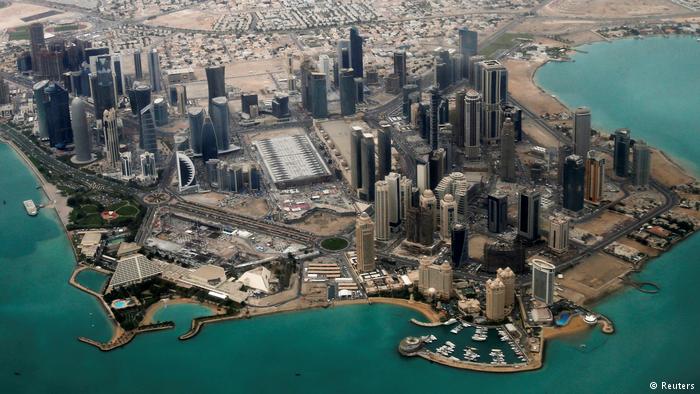By Ra-ees Moerat
While Turkey has taken a bold stance to mediate on the Qatar crisis, South African ulema are still mulling on the issue, but are unequivocal in their position that the matter must be resolved. Saudi Arabia, Bahrain, the UAE and other nations have cut diplomatic ties with Qatar, following allegations that it supports terrorism, in particular movements such as Hamas and the Muslim Brotherhood. Qatar has denied this, slamming the accusations as “baseless”. The diplomatic row is the worst to affect the Middle East in decades and has resulted in Saudi Arabia halting all air, sea and land links to the wealthy emirate.
Many Muslim scholars have condemned the siege on Qatar, with the International Union of Muslim Scholars (IUMS) calling the embargo a “potential disaster”. The IUMS said the Qatar crisis would affect the whole Muslim Ummah and make it “an easy prey for its enemy”.
“It is no doubt that scholars are demanded to clarify that this siege is haram,” said IUMS deputy president Dr Ahmed Al-Raissouni.
In South Africa, the Muslim Judicial Council (MJC) and Jamiatul Ulama delivered their holistic stance on the Gulf crisis. MJC secretary general, Shaykh Igsaan Taliep said it was guided by the same thin stance as the International Union of Muslim Scholars, which opposes the decision taken by Saudi Arabia and other Arab nations, to cut diplomatic ties with Qatar.
“We are calling on all the different, relevant leaders of the Gulf states to sort out their differences, amicably,” he said.
Taliep also makes it clear that the MJC is not in agreement with the call by Saudi Arabia and the UAE to freeze exports to Qatar.
“The MJC also, is not in agreement with the call that was made to cut food aid coming into Qatar. We believe that it is something that the Shari’ah does not condone and is something that we as the MJC cannot condone,” Taliep affirmed.
Qatar, which has a population of 2.5 million people, is largely dependent on imports of food products to sustain the nation. Fresh food in particular has been affected as the bulk of Qatar’s fruit and vegetable imports were brought in by road through the Abu Samra border crossing between Qatar and Saudi Arabia. A ship carrying 4,000 tons of food for Qatar left Turkey early Thursday , marking a change in how essential supplies are being sent to the tiny Gulf state.
While the Qatari government has yet to receive clear demands from Saudi Arabia and the Gulf states involved, it’s widely believed the hard line stance has less to do with Qatar’s support for Hamas and the Muslim Brotherhood, and is aimed at the Qatar backed Al Jazeera network. Al Jazeera has been condemned by the Gulf states for its criticism of Arab governments and its coverage on the political campaign against deposed Egyptian president Mohammad Morsi of the Muslim Brotherhood. Analysts believe that one of the demands of the Arab states would be the closure of the global television network.
Jamiatul Ulama secretary-general, Moulana Ebrahim Bham says that the on-going diplomatic crisis, is a testimony to the increasingly unstable political climate of the region.
Bham acknowledges that foreign authorities are allegedly adding fuel to the fire for personal gain.
“The noise that has surrounded this development shows how vested interests of foreign powers are exacerbating the situation by irresponsible cheerleading, which is a clear indication of how they stand to gain from a deepening crisis,” he says.
Qatar is not the only region that will be negatively impacted by the crisis, but the rest of the countries at the heart of the conflict will eventually be destabilised, he added.
“The rest of the Muslim world stand to lose greatly as these benefactor countries, embroiled in tension, start to militarise, hence, diverting resources towards armaments.”
“This is also a conflict, which by its nature, is likely to increase division amongst Muslim nations that would either choose or be perceived to have taken sides among contending parties,” Bham notes.
It seems, for most Islamic institutions in South Africa, mediation regarding the Qatar diplomatic crisis, is still on the way. VOC






 WhatsApp us
WhatsApp us 

